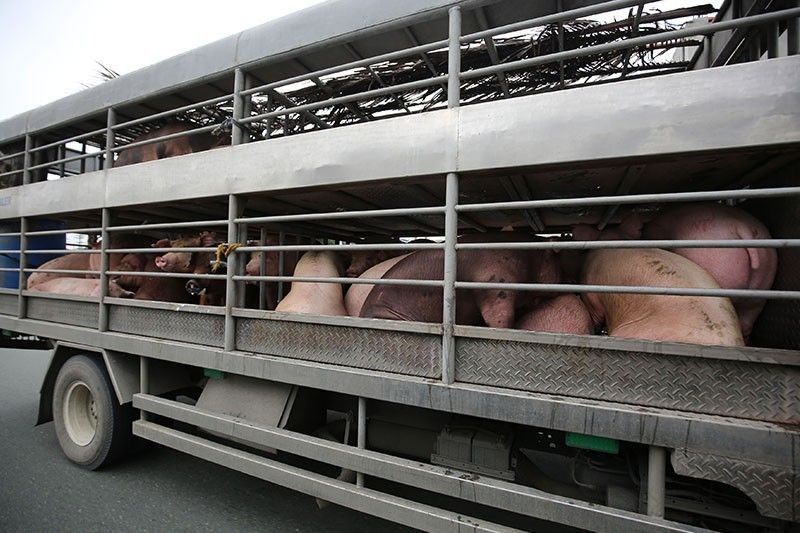Mekeni gets clearance to redistribute processed pork products

MANILA, Philippines — The country’s Food and Drug Administration has given Mekeni Food Corporation the clearance to redistribute its pork-based products, the processed meat manufacturer said Friday.
In a statement, Mekeni said it is ready to bring its pork-based products to the market more than a month after it voluntarily recalled all of its processed pork products.
The Pampanga-based manufacturer said it submitted to Health Undersecretary and FDA officer-in-charge Eric Domingo the corrective actions taken by the company and the results of the test conducted by Standard Global Services.
In a letter, the FDA said it “allows the redistribution of these processed pork meat products that tested negative for ASF.”
“The FDA clearance and SGS results give assurance that all Mekeni pork-based products to be released in the market, as well as its facilities, equipment and raw meat materials, are 100% negative for ASF virus DNA,” Mekeni said.
The company said 100% all incoming raw meats sourced both locally and abroad will undergo thorough testing for ASF and periodic environmental swabbing of its facilities will be conducted.
A food safety and quality officer has also been appointed to head a second layer of testing, it added.
“The procedures we have adopted in product testing and in our manufacturing facility are in line with our commitment to provide only the highest standards of food quality. We are happy that these tests have yielded negative results and we can again share our products to our customers,” Prudencio Garcia, Mekeni president, said.
On October 26, the company voluntarily removed its pork-based products from the market amid reports that African swine fever virus has been detected in some of its products.
The Agriculture department’s Bureau of Animal Industry later confirmed that Mekeni’s skinless longganisa and hotdog samples tested positive for ASF.
Mekeni said the move to recall its processed pork products aimed mitigate the possibility that its products inadvertently become carriers of ASF.
“Even though the Department of Health has stated that ASF posts no risks to humans, we take the issue seriously and have spared no expense to further bolster our processes,” it said.
ASF is usually fatal in pigs but not harmful to humans, the disease can cause major economic loss to the country’s P260-billion swine industry. — Gaea Katreena Cabico
- Latest
- Trending



































